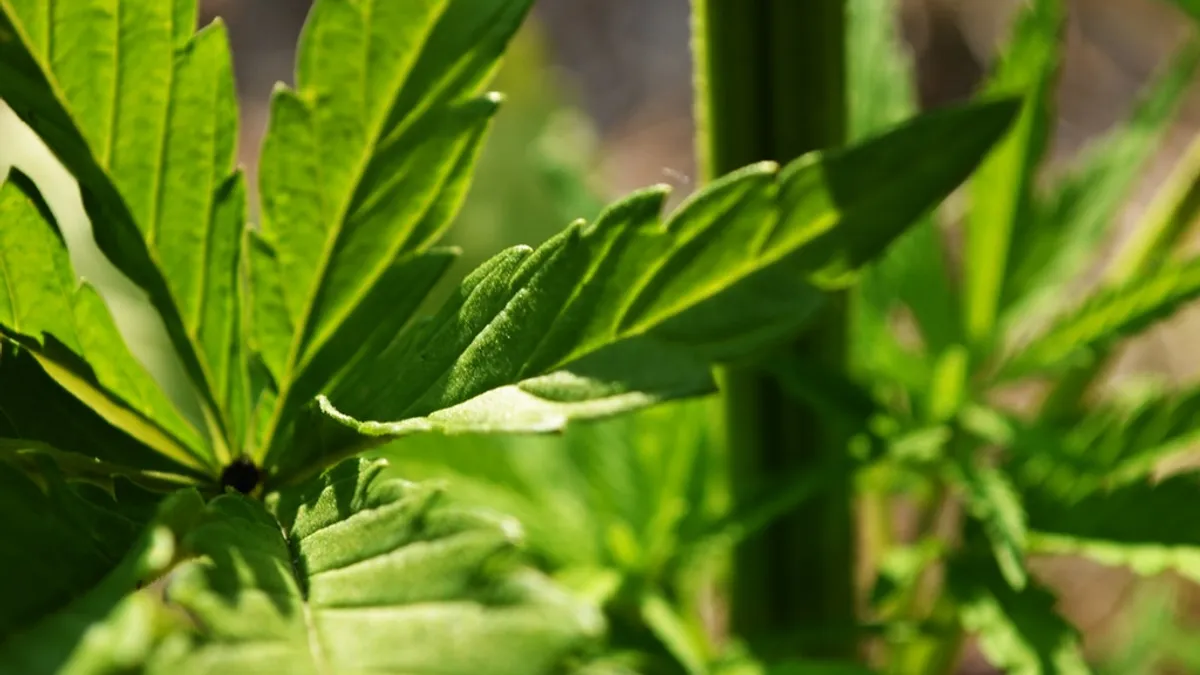Dive Brief:
- Some patients previously hooked on opioid painkillers are finding that using marijuana helps them break the addiction as well as stave off the pain, according to research conducted by some drugmakers, BioPharma Dive reported.
- That's one of the reasons why some pharmaceutical companies fight the legalization of pot: if if legalized, more patients in need of a painkiller may forego opioids manufactured by these companies in favor of a much lighter, nonaddictive drug.
- But even if the entire medical community gets on board with prescribing medical marijuana to treat pain and help break opioid addiction, the supply chain still has many kinks in need of repair which will delay results.
Dive Insight:
One of many hot button issues these days is the legalization of marijuana for both recreational and medicinal purposes. In my home state of Massachusetts, there are twenty-two medical marijuana dispensaries and associated grow facilities supporting them.
Those dispensaries did not come without NIMBY (not in my back yard) pressure and lots of local regulations. However, they seem to have been assimilated into the community and those patients who use marijuana for pain relief seem to have found a viable supply chain.
These dispensaries have helped to legitimize marijuana and recent laws have decriminalized small amounts for personal or recreational consumption. In 2016, Massachusetts joined a handful of other states in fully legalizing marijuana.
There has been pushback and zoning restrictions in some cities and towns. But, demand looks so high that some marijuana farms are forecasted to be 24/7 operations with over 150,000 square feet.
As some would say, that’s a lot of grass.
The impact on the supply chain is substantial in a number of ways. So many drugs are derived from plant-based materials that, except for some political and social blowback, cannabis will have a positive impact on the bio-pharma sector.
As the efficacy of cannabis continues to grow, and there are significant positive patient outcomes, social resistance will lessen. Because studies have shown cannabis may have a positive impact on the opioid crisis, acceptance may accelerate.
This is good for the bio-pharma industry and their stakeholders.
The risk in the supply chain is in the recreational side. In addition to the ongoing social stigma, the federal government has been unclear, and at times threatening, in their support of recreational marijuana sales, even in states where it has been legalized.
Yet, the business around recreational marijuana continues to build, with many companies getting into the ancillary market, such as supplying infrastructure and materials to growers and retail outlets.
So while companies may jump at the chance to service a market with predictable high margins, the supply chain may not want to go all in until the laws, and societal issues, settle down. If their customers are at risk, so are they.













